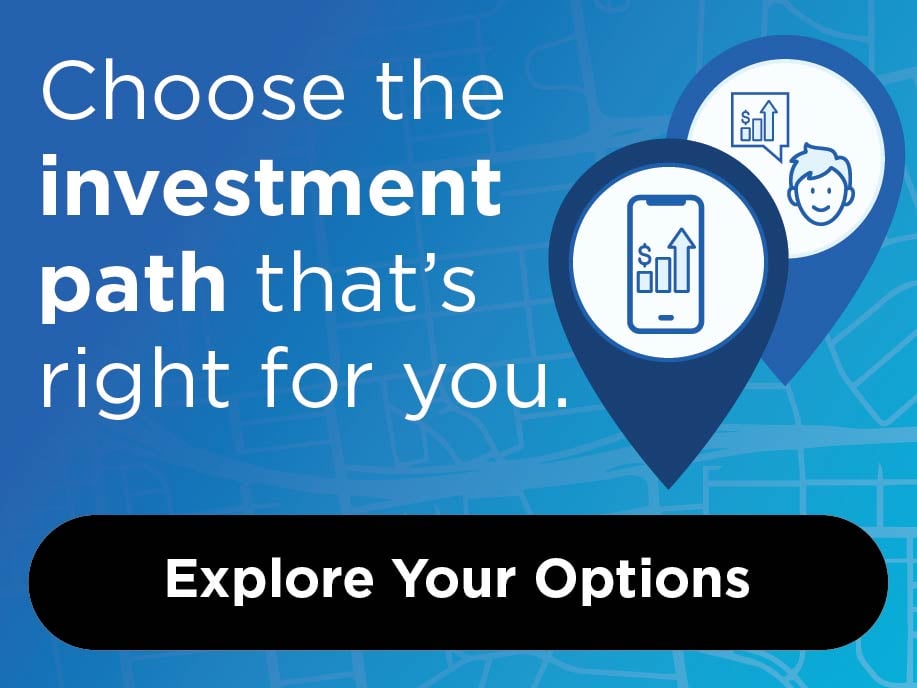
Starting college means gaining independence—including managing your own money. Whether you're setting up your first bank account or just trying to understand the basics, we’ve got you covered. This guide will walk you through essential banking terms and tools to help you make confident financial decisions while you're in school.
Account Types
- Checking Account: A bank account used for daily spending, like paying bills or shopping—usually accessed with a debit card, and for receiving direct deposits like your paycheck.
- Savings Account: A bank account used to store money and earn interest over time; typically used less often than a checking account.
Banking Access & Cards
- Debit Card: A card linked to your checking account that you can use to pay for things or withdraw cash from ATMs.
- ATM (Automated Teller Machine): A machine where you can withdraw or deposit cash, check your balance, or transfer funds.
- ETM (Express Teller Machine): A type of CommunityAmerica ATM that offers video and talking with a live teller during specific hours.
- PIN (Personal Identification Number): A secret code known only to you used with your debit card to access your account.
- Check: A written and signed paper provided with your account to pay a specific amount to someone else.
Account Features & Transactions
- Direct Deposit: When money (like paychecks or financial aid) is electronically sent straight into your bank account.
- Wire Transfer: A fast way to receive and send money electronically, including internationally.
- ACH Transfer: A type of electronic bank-to-bank transfer, often used for direct deposit or bill payments.
- Overdraft: When you spend more than you have in your account.
- Overdraft Fee: A fee for transactions that exceed your balance.
- Overdraft Protection: A service that covers you when you overdraw your account.
Banking Fees & Policies
- Minimum Balance Requirement: The least amount required in your account to avoid fees.
- NSF Fee (Non-Sufficient Funds): A fee charged when there’s not enough money to cover a transaction.
- ATM Fee: A fee for using an out-of-network ATM.
Accounts Identifiers & Statements
- Bank Statement: A monthly summary of your account activity.
- Routing Number: A 9-digit number used to identify your bank.
- Account Number: A unique number assigned to your bank account.
Online & Mobile Banking
- Mobile Banking App: An app to manage your account from your phone.
- Online Banking: A secure website to manage your account from a computer.
- Mobile Wallet: A digital app that stores card information for contactless payments.
- Mobile Check Deposit: Lets you deposit checks by taking a photo with your phone.
- Online Bill Pay: A service that lets you pay bills through your bank’s website or app.
Banking doesn’t have to be intimidating. With the right tools and a little know-how, you’ll be making smart financial moves in no time. As a UMSL Triton, you’ve got a head start thanks to your exclusive benefits through CommunityAmerica. We’re here to support your goals—on campus, online, and wherever life takes you next.





